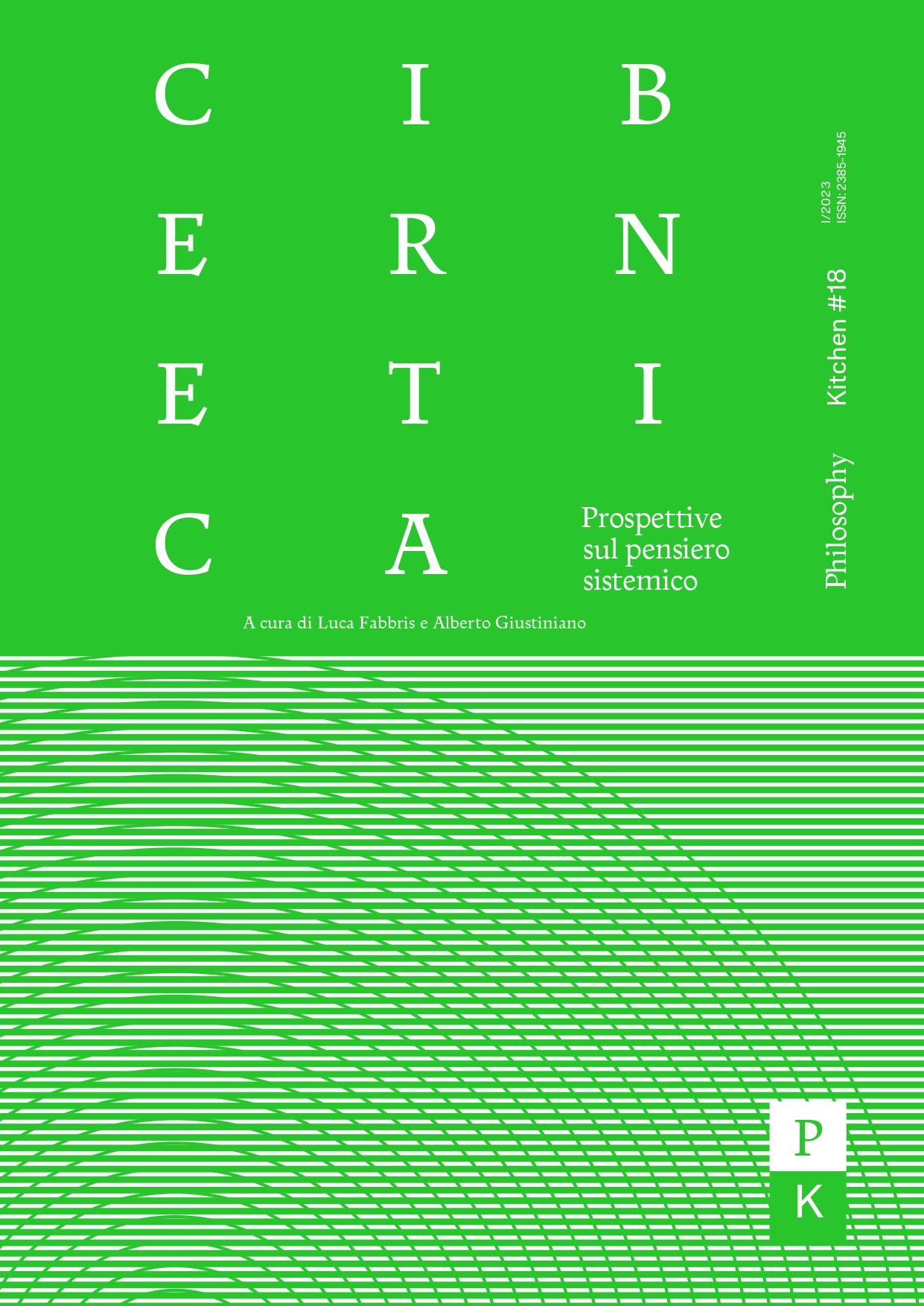A Reconstruction of Epistemological Foundations of Cybernetics. The First Steps in Epistemologies of Complexity
DOI:
https://doi.org/10.13135/2385-1945/7827Abstract
The purpose of this article is to present epistemological justifications for the cybernetic programme drawing on a historical reconstruction of cybernetics, although this is not a philosophical discipline. To do so, I use the scientific paradigm introduced into the cybernetic programme, based on which the philosophical premises are applied. This article counters the claim that cybernetics has brought philosophy to its end by arguing for a philosophical underpinning of cybernetics. In doing so, I point to the epistemological principles of cybernetics, not as inferential theoretical paradigms of control mechanisms, but as a turn to a new way of thinking. Historical revisionism is about a discursive reconstruction of cybernetics beyond control systems, as a new way of thinking, which I describe as an epistemological and philosophical approach to the paradigm of complexity. The reconstruction is done by paying special attention to irreversibility. The introduction of the one-way arrow of time into cybernetics leads to the problem of predictability being presented as an epistemological problem. In this respect, cybernetics is justified as a propaedeutic epistemology and philosophy for the thought model of complexity (uncertainties and unknown abilities).






